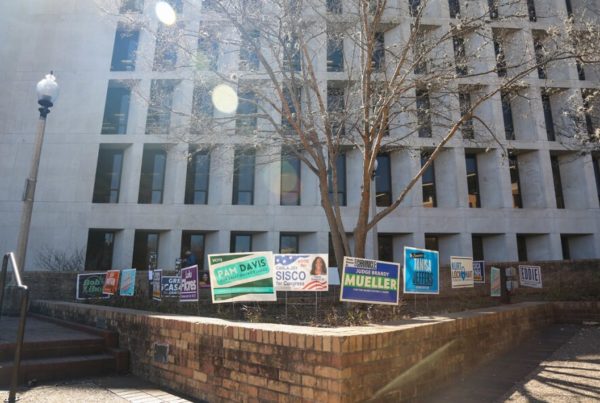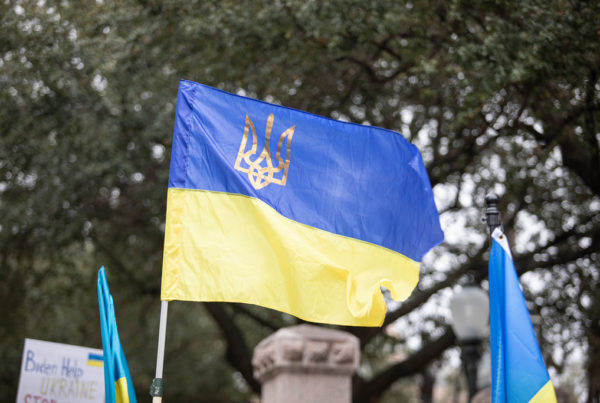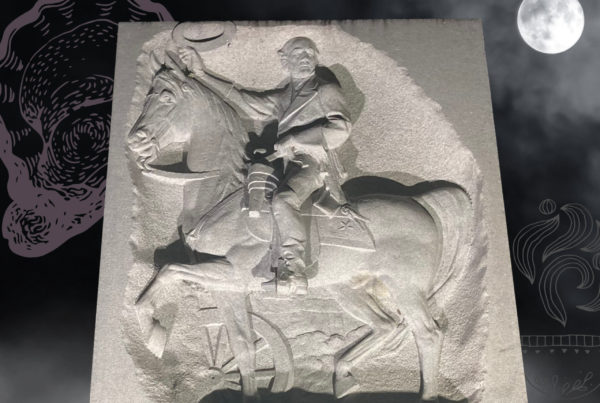The lawsuit has stretched on for nine years, with taxpayers paying more than $30 million in litigation fees.
The lawsuit, officially called No. 141 Original Texas v. New Mexico and Colorado, stems from acrimonious struggles over river water stretching back decades. Texas alleges that New Mexico groundwater pumping violated the Rio Grande Compact, the 84-year old agreement for splitting the Rio Grande water for crops, wildlife and cities in the arid landscape.
The negotiations are between attorneys representing Texas, New Mexico, Colorado, the federal government; and cities such as El Paso, Las Cruces and Albuquerque; as well as New Mexico State University, regional farmer’s groups and irrigation districts.
Parties have met for 18 days since January, according to a report filed before Special Master Judge Michael Melloy, who oversees the case.
A mediator assigned to the case created a Technical Committee with expert engineers, hydrologists, and water administrators from each party to meet separately to parse out the complex issues on the case.
Settlements have a complicated history in the fight over Rio Grande water.
In 2007, long-simmering tensions between the federal government and two irrigation districts boiled into a federal lawsuit, as both districts said the U.S. Bureau of Reclamation had an unfair and unclear process for doling out water as drought worsened.
In 2008, Elephant Butte Irrigation District, El Paso County Water Improvement District No. 1 and the federal government came to the table, producing a settlement after monthslong private talks called the 2008 Operating Agreement.
That 2008 agreement changed the mathematics around parceling out water in drought and allowed districts to hold water in storage at reservoirs in New Mexico for future use. These “carryover” allowances of water are unusual in federally managed projects.
The states were not party to the lawsuits, nor the agreements, and this settlement prompted the current fight.
In 2011, former New Mexico Attorney General Gary King, filed a federal lawsuit, alleging the federal government shorted New Mexico and gave too much Rio Grande water to Texas due to the 2008 Operating Agreement.
Texas escalated by filing the lawsuit in the U.S. Supreme Court against New Mexico alleging groundwater pumping was taking too much of Texas’ share of the Rio Grande.
After years of determining the parties, and scope of the case, the first part of a split trial occurred over six weeks in 2021, ending in mid-November. The second part of the trial was postponed by settlement talks later this year, though attorneys requested in the report that Melloy set a date in October or November.
Attorneys are asked to submit another report regarding the discussions in May.













